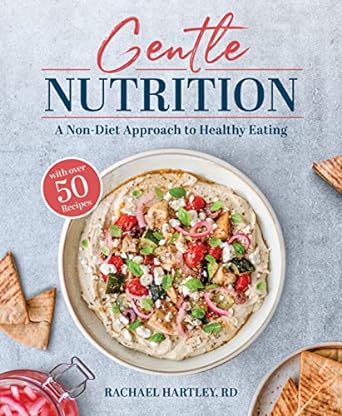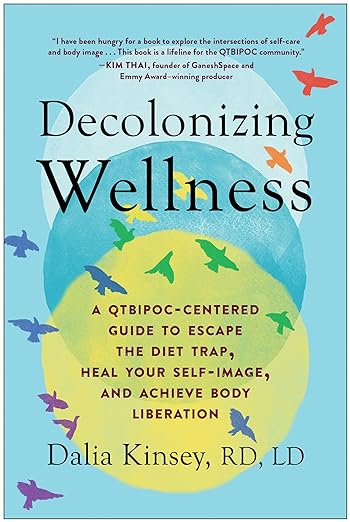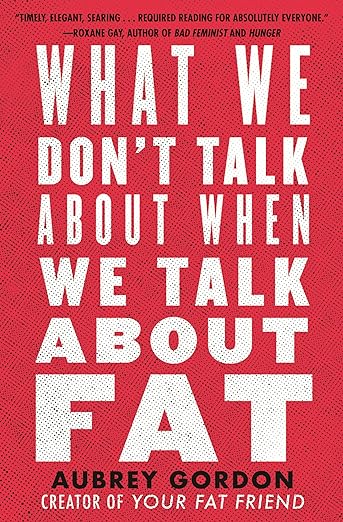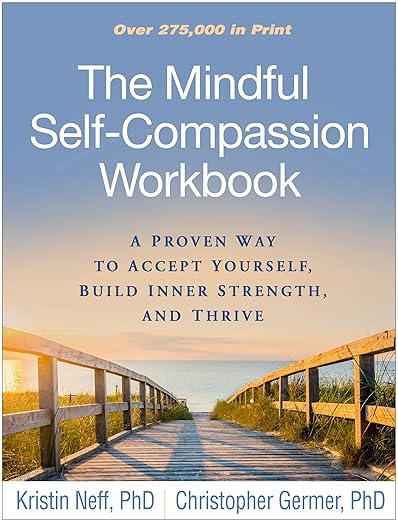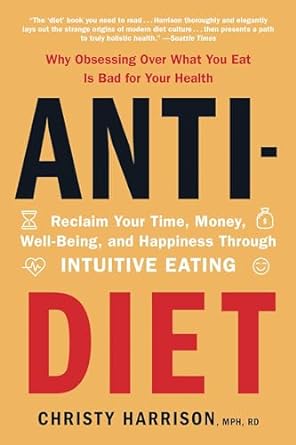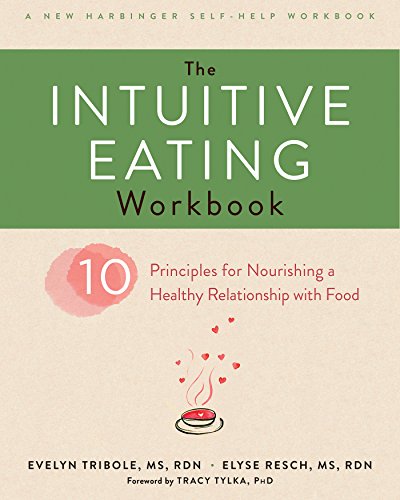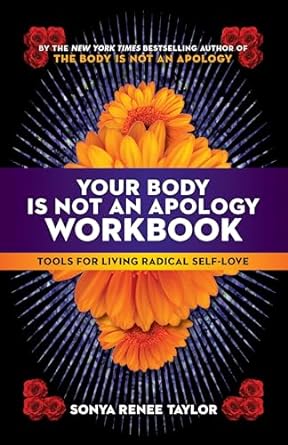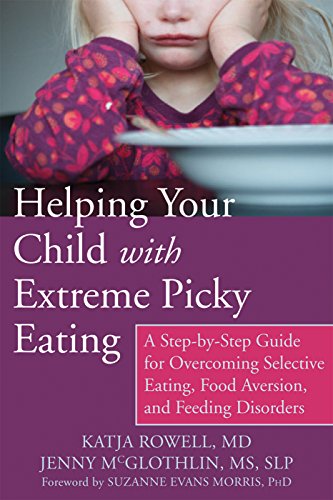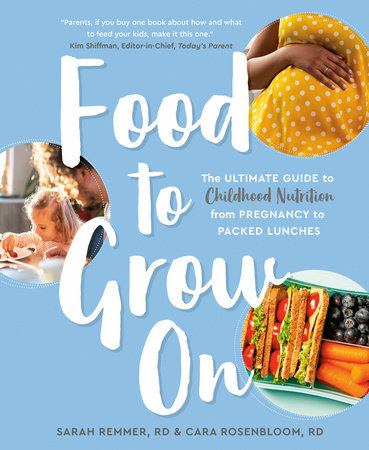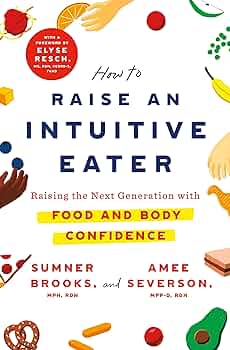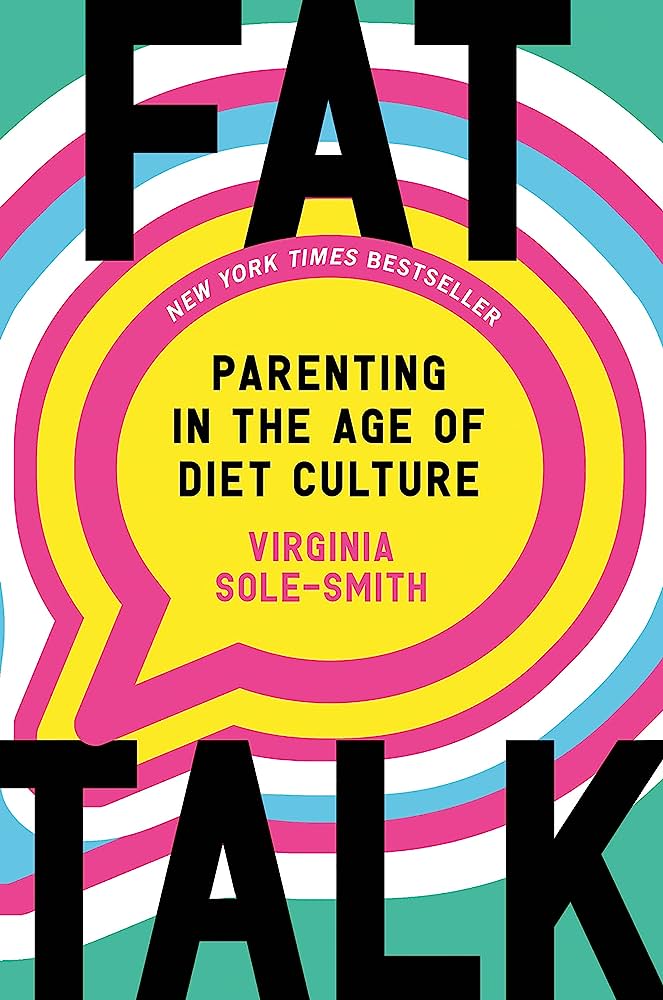
Take Aways
- Media literacy and resilience skills are protective against development of eating disorders in youth
- Social media can have a detrimental effect on youth mental health and body image dissatisfaction
- Teachers and caregivers play a fundamental role in supporting youth to navigate online content and build resiliency skills
Media pushes an unrelenting message to fit an unrealistic ideal of beauty and thinness. Thin body preoccupation and social pressures are risk factors for the development of eating disorders in adolescents, particularly in their most vulnerable stages of life such as puberty. Mental health experts report that youth reported decreased self-esteem and body dissatisfaction after using social media as well as increased thoughts of depression, anxiety and suicide. Recent news has highlighted that creators of social media platforms are aware of the detrimental effects that social media can have by sharing certain content; however, continue to allow problematic content to be shared and profit off these unsafe interactions. Since these platforms selectively censor their content with profit in mind, children are exposed to misinformation around health, unrealistic ideas about body size, and the promotion of disordered eating behaviours.
Since the start of the pandemic, eating disorders in youth have surged globally. There have been significant increases in eating disorder hospital admissions in children across Canada as well as increased wait times for eating disorder treatment programs. Children with eating disorders admitted to hospitals are being reported as younger and more severe than in previous years. With the global pandemic, anxiety is higher and our daily routines have been disrupted. Many protective factors against eating disorders have changed with the loss of social connection, community programs and support as well as the increased screen time and changes in eating habits.
With the rise in screen time among young people, there is a greater need for education around navigating social media and teaching media literacy. Schools are often more likely to observe social interactions among peers and how students discuss social media content with each other (outside of parent observations). Teachers and caregivers play a fundamental part in protecting youth against harmful messaging online and in navigating learned content through development of resiliency skills. For example, teaching children about problematic alteration of images online, bullying prevention campaigns and providing mental health support. Lessons on social media literacy and resilience skills can help children to think critically while using online platforms and encourage them not to blindly follow harmful advice and trends around health. It can also help promote body diversity and minimize comparison of their bodies to the bodies they see online.
According to Media Smarts, social media:
- Are constructs that are highly curated and fail to entirely represent reality
- Have ideological implications
- Has commercial implications
- Allow audiences to negotiate meaning in media
- Has a unique form in each medium
- Interactions can have a real-life impact
By creating lessons with activities that help understand these characteristics around social media, children are more equipped to understand why the content on social media may not be a good representative of real life. For resources on media lesson plans visit Media Smarts.
At Little Spuds Nutrition our mission is to prevent the development of eating disorders and chronic disease by nurturing development of food skills and fostering healthy relationships with food. Little Spuds Nutrition provides nutritional assessment for eating disorders and disordered eating. We support clients of all ages to improve their rel; relationship with food and their bodies. Book a discovery call here.
If you would like assistance with curriculum development or review of health, nutrition, body image, and/or media literacy content, please consult our registered dietitians at hello@littlespudsnutrition.com
If you suspect a child may be experiencing an eating disorder, please consult your local medical and mental health resources. For BC residents, Kelty Mental Health – Eating Disorders can connect you to local resources.
Authored by:
Marilee Pumple, RD – Eating Disorder Recovery
Lawren Fischer, RD – Pediatric and Family Nutrition
Disclaimer
Information provided by our dietitians is for general education and is not medical advice.


